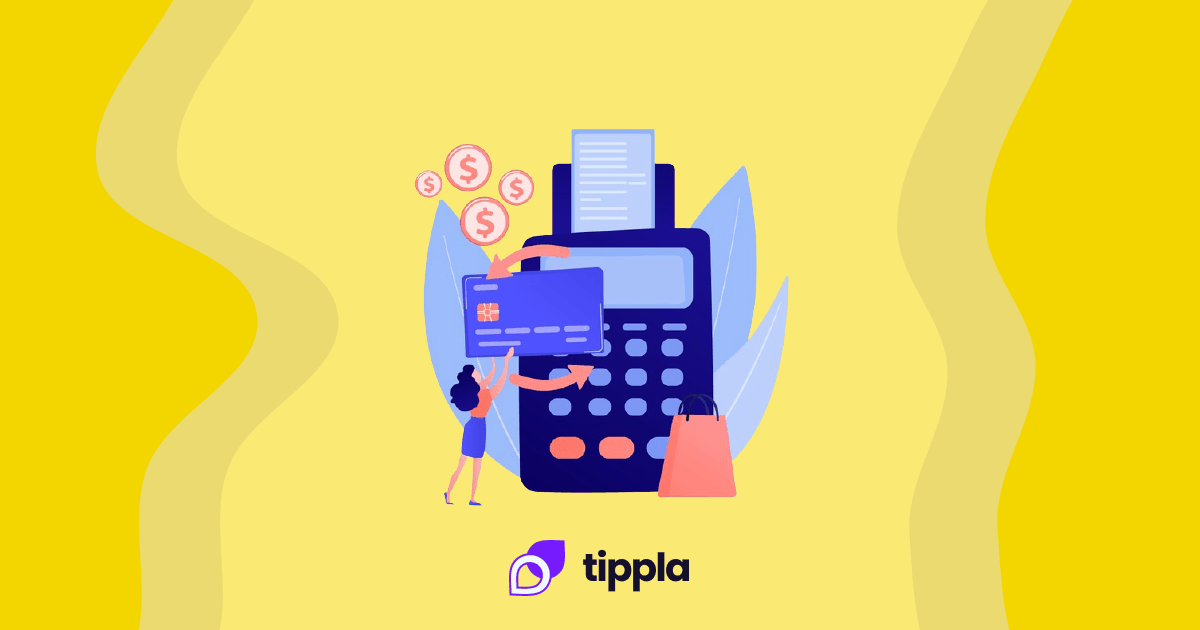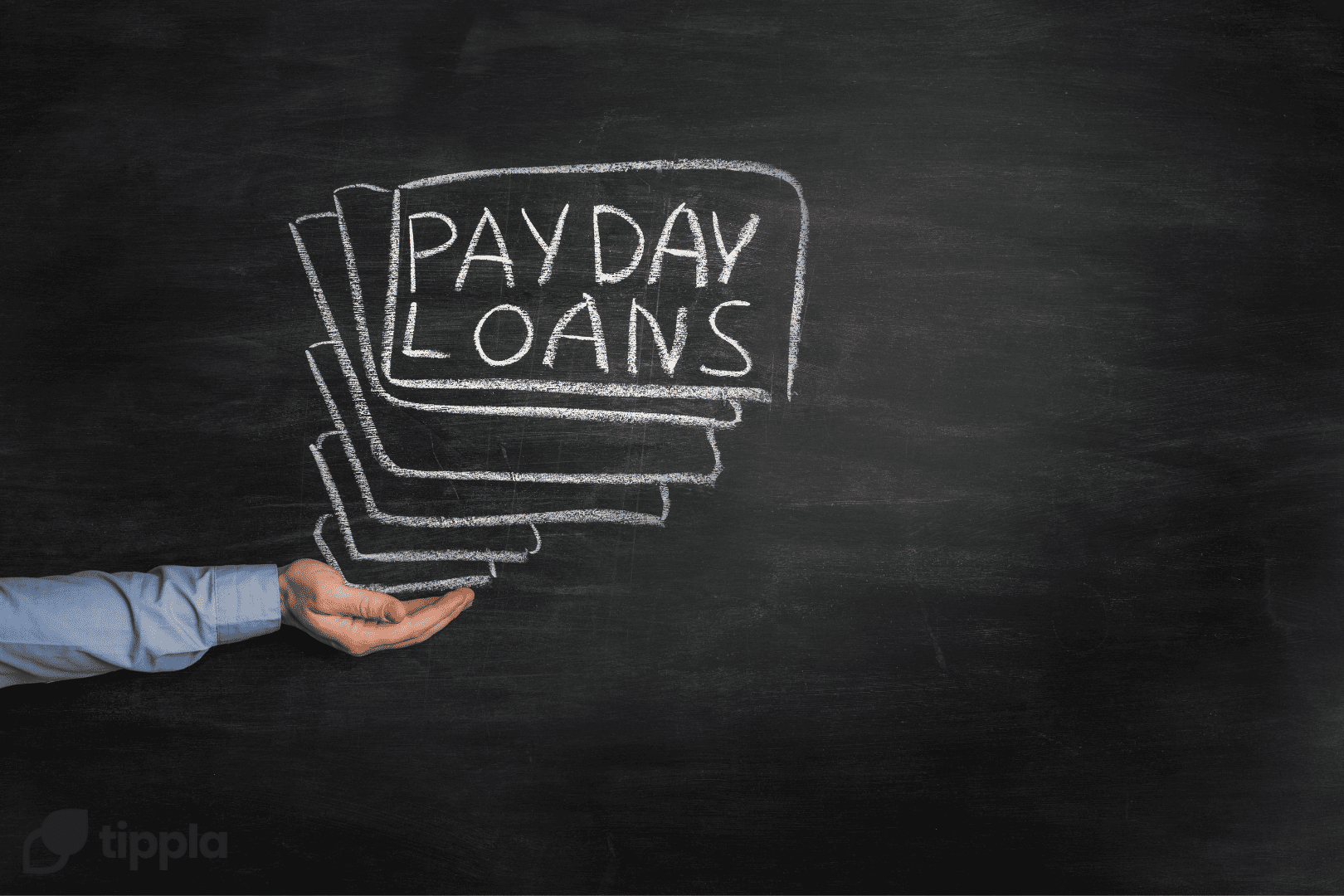Published in July 28, 2021
How to be eligible for large personal loans

If you plan on consolidating your debts, buying your dream car or renovating your home, a large personal loan could be the best solution.
A personal loan is an amount of money you can borrow from a financial institution. You could borrow from banks or private lenders for specific purposes. Reasons to get a loan could be e.g. buying a car, renovating a home, or consolidating debt. You then repay the amount over an agreed term with added interest.
Compared to credit cards, personal loans have more advantages such as being cheaper and having a set repayment schedule. However, unlike credit cards, personal loans don’t offer benefits such as warranties or travel benefits. Additionally, unlike other loans, personal loans allow borrowers to make extra payments to decrease their debt and shorten their repayment schedule without incurring extra fees.
Secured and unsecured loans
There are two types of personal loans, unsecured and secured loans. Secured personal loans are usually large amounts that are secured by a provided asset such as a car. A lender may seize your asset if you can’t repay your loan. Unsecured loans, on the contrary, are usually smaller amounts that require no asset as security. They are easier to get but often come with higher interest.
You should consider a few things before you apply for a personal loan to ensure you have the best chances for approval.
Improve your credit score and history
The first thing lenders assess is your credit score. Your credit score is what proves whether you’re a good borrower and how much of a risk you are to lend to. Big financial institutions such as banks are stricter on their credit approval and have a set score you need to meet. However, you may find more leniency with smaller lenders. In saying that, lenders who approve borrowers with low credit scores may charge higher interest.
Why should you improve your credit score? A high score while help you score a loan with low interest. Here are some ways you could maintain and improve your credits score: It’s best to only apply for credit when necessary. Constantly applying for credit may affect and lower your credit score. Additionally, it’s recommended you pay your pays in full and on time, as late payments will harm your credit score. Regularly reviewing and staying on top of your credit report can help you identify any issues you could resolve.
Learn more about how the accounts you hold can affect your score by signing up with Tippla for no cost whatsoever.
Minimise your career changes
As part of your application process, lenders will require you to provide 3 months of payslip to prove you have a regular income. Constant job changes have been proved to decrease your chances of getting approved by a financial lender. Jumping from job to job reflects financial instability. Therefore, before applying for a loan, lenders recommend strengthening foundations in your career to increase your likelihood of getting a loan.
Don’t have a large number of hard enquiries
Every time you apply for a loan, lenders will conduct a credit check or hard enquiry to determine your eligibility for the loan. Every hard inquiry will show up on your credit report and may impact it.
According to lenders, having a fair amount of hard enquiries within a short term can perceive you as financially unstable, and therefore making a risky borrower. Therefore, it’s important to limit hard inquiries conducted against you by applying to a few loans as possible.
Apply for personal loans only when you’re ready.
As mentioned before, it’s best to avoid too many hard inquiries by applying to a minimal amount of loans. You must also note that all loan rejection is also recorded on your credit report. Having multiple loans being rejected on your report may hinder your chances of getting approved of your next loan. Therefore, it’s best to only apply for a personal loan that you’re eligible for and has a higher chance of being approved.
Now that you’ve improved your eligibility and increased your chances of getting approved. But stop, you should take these last steps before you apply for a personal loan!
Compare personal loans
Comparing loans is an important process in helping you find the right lender, amount, and loan term to suit your financial position and needs. Firstly, you’d want to compare different lenders and their offers. Things to look out for when comparing personal loans are interest rates (is it fixed or variable), comparison rates, loan features, loan term, additional fees, and of course customer reviews.
Shortlist your options
After comparing your loan options, you want to then narrow your options to just a few. This can help you thoroughly assess each to finalise the best for you. You may also use a loan calculator to compare loans and choose one that best suits you. Moneysmart’s Personal Loan Calculator can help you determine your repayment schedule!
Check the lender’s eligibility requirements
After shortlisting your options, carefully look through each lender’s eligibility criteria to determine which you would qualify for. This step can help you understand your chances of getting approved when faced with several loan options.
Submit an online application
Did you go through all the steps to improve your chances of getting a large loan? Then you are good to go. Apply online with your lender of choice, it probably won’t take much time. Many lenders offer online applications that only take a few minutes.
While we at Tippla will always do our best to provide you with the information you need to financially thrive, it’s important to note that we’re not debt counsellors, nor do we provide financial advice. Be sure to speak to your financial services professional before making any decisions.
Related articles

Should I get a debt consolidation loan?
07/09/2021
Debt consolidation loans bundle your overall debt to help...

Understanding Payday Loans in Australia
28/11/2023
Payday loans are a type of financial tool that...

Budgeting for Car Ownership: A Full Cost Breakdown
25/07/2025
Owning a car is a dream for many Aussies....

Bad Credit Loans | What Are They & How To Apply for Them
21/09/2021
If you have a below-average credit score but you...
Subscribe to our newsletter
Stay up to date with Tippla's financial blog